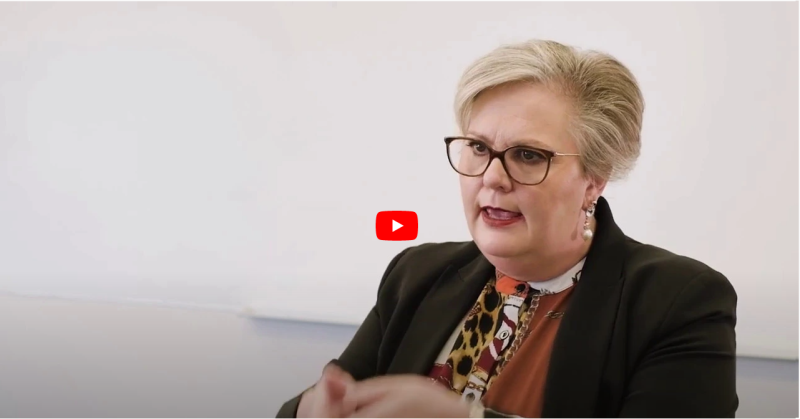A day in the life of a coach

Sharon Robson is an agile coach based in Australia. She talks us through an average working day and why is an essential part of professional development.
"It is important, as a coach, that when I engage with people it is always with intent This takes planning, so I wake early to give myself time to prepare for my day."
My morning routine is very important to me. I set my intentions, spend some time journaling or reading. When dawn breaks, I go out for a walk. As well as being good exercise, it gives me mental space to think things over.
I usually hit my desk around 7.30am after a good breakfast. That gives me half an hour or so to organise my calendar and then I will send my first email and it is all go.
The principles of coaching and the secret to success
I’ve been a coach for the best part of 25 years. I started my career in the Australian Army, then moved into technology working for Hewlett Packard and running global teams. I moved over to SoftEd as a trainer in testing and agility about ten years ago, and launched my own company Enterprising Agility.
Coaching hugely influences how I run my day. I like to be quite deliberate in my day-to-day, zooming out for the bigger picture then back in to the small stuff. Being self-aware is quite difficult so I also make time to get feedback from my fellow coaches and see what other people's perception of my value is. This sort of reflection really is the secret to coaching success.
I guess you could say coaching has benefitted me personally as well as the businesses I support. There are aspects of coaching that come naturally to me, as I’m from a sports background and there is a lot of interconnection there. But also things that have taken discipline and resolve to get right. I don’t use the term ‘coach’ lightly. I’ve had to earn it. I’m more organised, more self-aware and more open to others as a result of being a coach.
Coaching and Training
My office-based day is all about flow punctuated with micro breaks. I use a standing desk because I like to be dynamic and move around. But some days I’m not coaching from my desk, I’m training with a group and that is quite different. Coaching is about knowledge application, training is about knowledge acquisition, so when I'm a trainer I'm working very hard with attendees to make the training as contextual for them as I can.
I spend some time with course attendees first to understand where they’re coming from, what their challenges are and if they need me to supply more context. I don't want to be teaching abstract concepts. What I want is to make it real for people so I always try to spend some time understanding their pain points then matching the knowledge that we're transferring in the course or in the coaching session to their situation.
If I’m face-to-face training, then I will spend the breaks and lunch with my group too. I think that really does help to humanise people. If attendees can relax by getting to know you a bit personally that's a win.
The rewards of seeing people succeed
As I previously said, I’m very deliberate in my actions and I deliberately end my work day at 5pm. I head out for a walk and turn my thoughts to what I might cook for dinner, or watch on Netflix. I’m a bit of a foodie and love Asian food. A great Chinese meal is probably my favourite. At the weekend, I like making models. It’s a great way to switch off your brain and engage your creativity. It’s downtime that isn’t wasted time.
Coaching is incredibly rewarding, especially when you can see it making a difference for clients. I love watching groups of talented and experienced people pull together as a team, sometimes for the first time, and really deliver on their abilities for their organisation.
The change I see is people becoming empowered. As a coach, helping people step outside themselves, get out of their own heads and seeing the bigger picture is an incredible, valuable thing. A coach needs to be not playing the game. They need to be observing what happens so they can support the team to understand how to move forward effectively. When people realise that individually they bring amazing value, but collectively they amplify that value to the stratosphere, success is inevitable.
Thank you!
Your details have been submitted and we will be in touch.